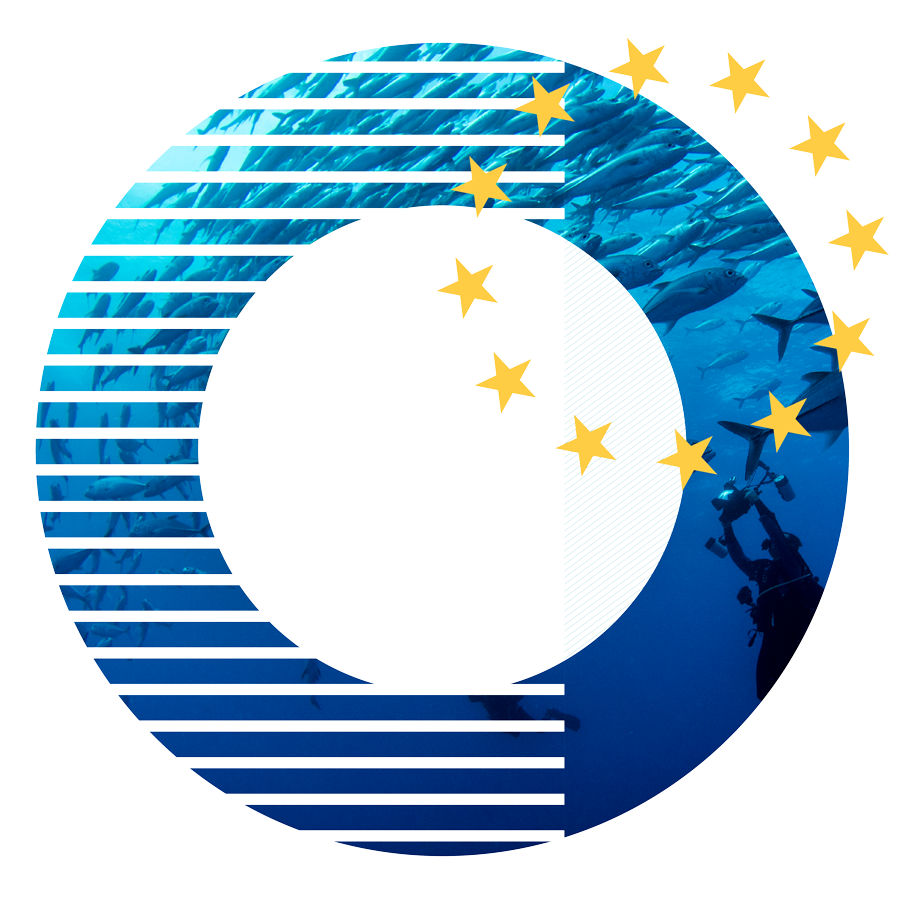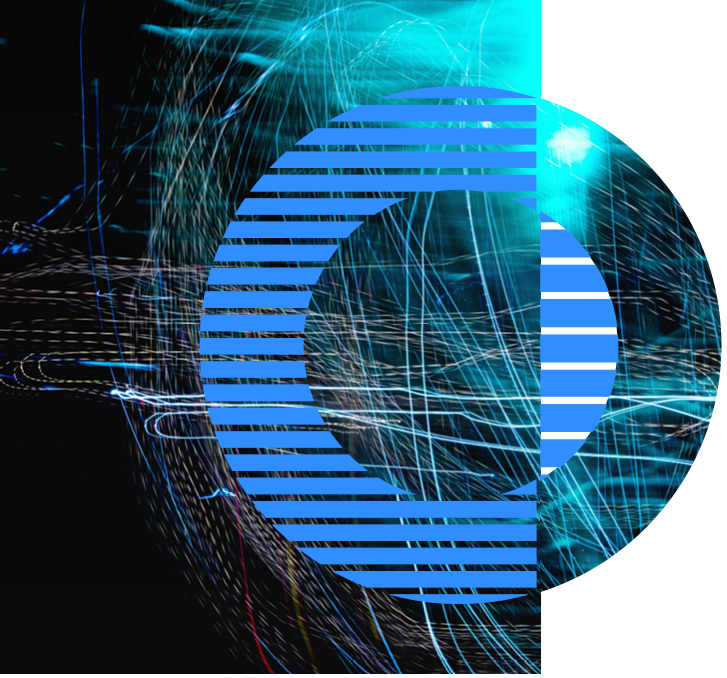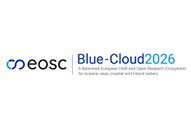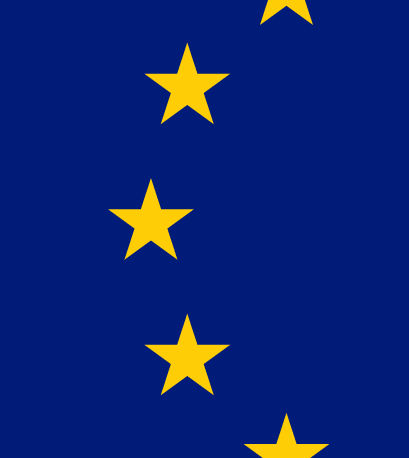
Blue-Cloud2026
A Horizon Europe project
Data collection, management & analysis

Blue-Cloud 2026 builds upon the pilot Blue-Cloud project to further develop a federated european ecosystem for FAIR, open data and analytical services, to advance oceans, EU seas, coastal & inland waters studies. This platform develops a thematic marine extension to EOSC for open web-based science, in support of international marine policies such as the EU Green Deal and the UN’s SDGs
EMBRC provides cutting-edge, interdisciplinary, and customised services to help provide a virtual environment with open and seamless access to services for storage, management, analysis, and re-use of research data.

This project was co – funded by the European Union (GA# 101094227 – Blue – Cloud2026)
Views and opinions expressed are however those of the author(s) only and do not necessarily reflect those of the European Union. Neither the European Union nor the granting authority can be held responsible for them.


